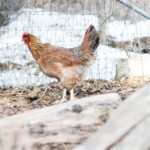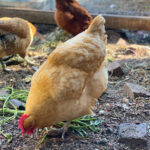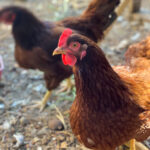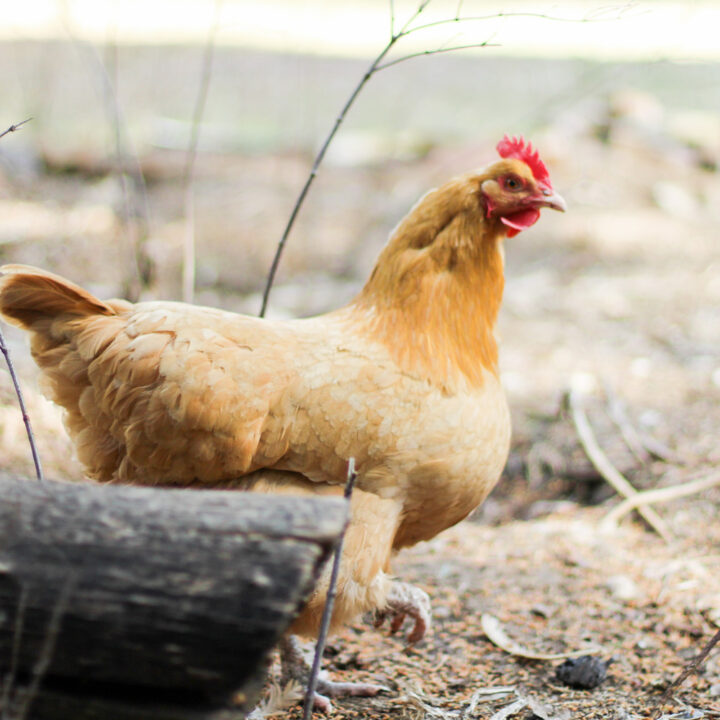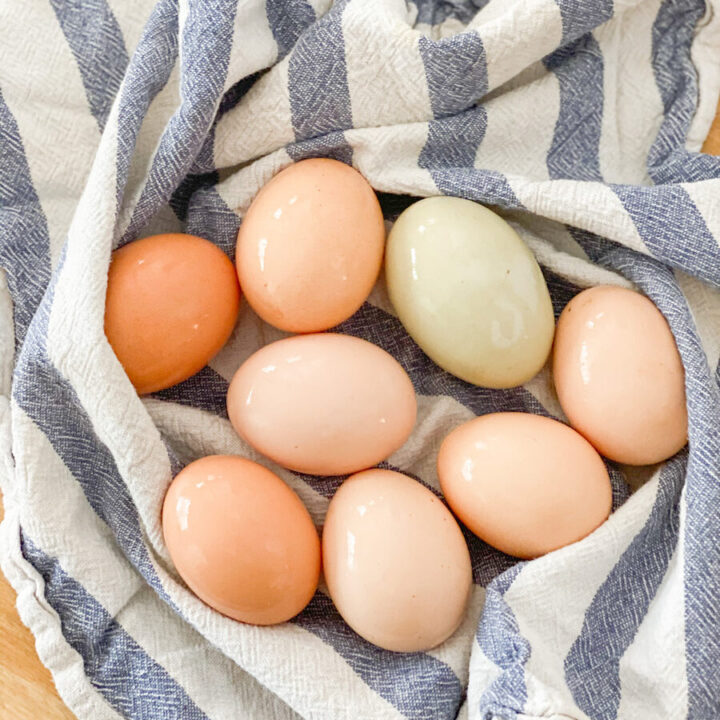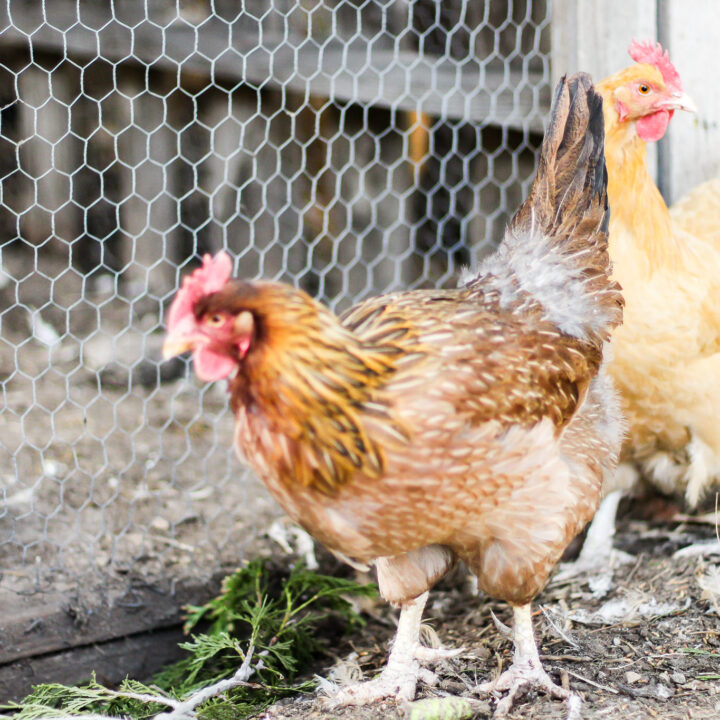Understanding Egg Production in Chickens
Are you a first time chicken mom, or dad? Or maybe you're just curious about how chickens lay eggs. Egg production in chickens is fascinating and one of the many benefits of having backyard chickens. One common question that arises is whether chickens can lay eggs without the presence of a rooster. In this article, we will explore the intricacies of egg-laying in chickens, dispel some myths, and shed light on the fascinating process of how chickens lay eggs without a rooster.

The Role of Roosters in Egg Production
Contrary to popular belief, roosters play no direct role in the egg-laying process. So in short, no you absolutely do not need a rooster to have farm fresh eggs produced by your hens daily. Roosters are responsible for fertilizing eggs, which is essential for the development of embryos if the eggs are incubated. However, hens can lay eggs without any involvement from a rooster.
The Ovulation and Egg-Laying Process
A hen's reproductive system is naturally designed to produce eggs regularly, regardless of the presence of a rooster. Here's a brief overview of how chickens lay eggs:
a. Ovulation: Hens have two ovaries, but only the left ovary is functional. The ovary contains thousands of undeveloped yolks, each enclosed within a follicle.
b. Yolk Development: As a hen reaches maturity, one yolk starts developing into an egg while the others remain dormant. This process occurs every 24-26 hours.
c. Egg Formation: The yolk matures and is released from the ovary into the oviduct, where it begins its transformation into an egg. The oviduct consists of several sections responsible for different parts of the egg, including the albumen (egg white) and the shell.
d. Shell Formation: The oviduct secretes calcium carbonate, which forms the shell around the egg. The shell takes around 20 hours to complete.
e. Egg Laying: Once the egg is fully formed, it is laid through the hen's vent, known as the cloaca. The entire process, from yolk development to egg-laying, takes approximately 25-26 hours.
2. Fertilization and the Development of Embryos:
If a rooster has mated with a hen prior to the egg formation process, the yolk will be fertilized. However, most eggs found in supermarkets or backyard coops are unfertilized and will not develop into embryos, regardless of whether there was a rooster present during egg production.
Benefits of Laying Eggs Without a Rooster
There are several advantages to hens laying eggs without a rooster. No Fertilization, unfertilized eggs have a longer shelf life and can be stored without concerns about potential embryos developing.
Consistent Egg Production. Hens will continue to lay eggs regularly, even without a rooster. This ensures a steady supply of fresh eggs for consumption.
Reduced Noise and Disturbance. Roosters can be noisy and may disturb neighbors, and honestly they can be pretty aggressive to you and your hens. By keeping only hens, you can avoid a lot of noise and potential aggression to you and your hens.
Factors that may effect egg production
Although hens can lay eggs without a rooster, certain factors can influence their egg-laying capabilities. Factors that influence a hens laying capacity include the following.
a. Age. Young hens typically start laying eggs between 4-6 months of age.
b. Breed. Different chicken breeds have varying egg-laying capacities.
c. Nutrition. A well-balanced diet rich in nutrients is crucial for optimal egg production.
d. Lighting: Hens require a specific amount of light each day to stimulate egg production. Ensuring adequate lighting conditions can help maintain consistent egg-laying.
Hens can indeed lay eggs without the presence of a rooster. The egg-laying process is a fascinating biological phenomenon that occurs naturally in female chickens. If you are a owner of backyard chickens, understanding the intricacies of egg production in chickens allows us to appreciate the cycle of life and enjoy the nutritious and delicious eggs hens provide, regardless of whether they were fertilized or not.
Whether you have a rooster or not, your hens will continue to lay eggs, contributing to the joy and satisfaction of keeping chickens and enjoying the benefits of fresh eggs in your daily life. For more information on raising backyard chickens check out some of my other articles on raising chickens.


